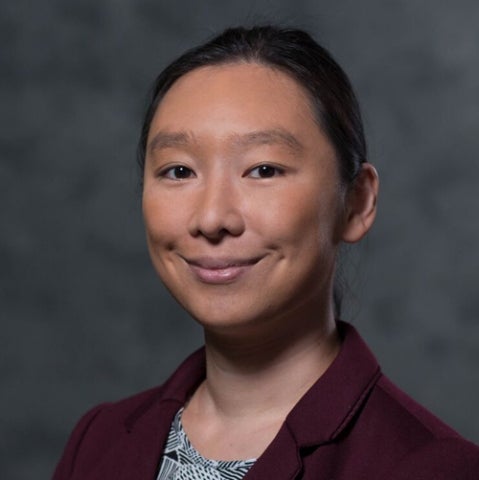
Deva Chan has been issued an award by the National Science Foundation for her proposal "CAREER: Regulation of Hyaluronan Production and Function by Biomechanical Signals". This is a five year award for close to $600k and is considered NSF's flagship award for new investigators. A detailed description of the summary of the proposed work can be found below.
About the NSF CAREER award:
The Faculty Early Career Development (CAREER) Program is a Foundation-wide activity that offers the National Science Foundation's most prestigious awards in support of early-career faculty who have the potential to serve as academic role models in research and education and to lead advances in the mission of their department or organization. Activities pursued by early-career faculty should build a firm foundation for a lifetime of leadership in integrating education and research.
Project Abstract:
This Faculty Early Career Development (CAREER) grant will investigate the role that biomechanics plays in controlling the production and function of hyaluronan. Hyaluronan is a component of many tissues and organs in the body. It provides structural support and lubrication for synovial joints like the knee. The functions of hyaluronan and its interactions with other molecules are complex and diverse, despite its relatively simple structure. The mechanical and biological roles of hyaluronan depend on a number of factors. These can include its size, the types of molecules and cells with which it interacts, the characteristics of the hyaluronan-rich structures that form around a cell, and other factors that remain undiscovered. This research program will study how mechanical loading affects the production of hyaluronan by different cell types in the joint, and the resulting differences in both function and interactions of these hyaluronan products. The results of this work will reveal how mechanical and biological signals can alter its production and function. Given that hyaluronan is produced in almost all tissues of the body, this knowledge has the potential to advance science and human health. Specifically, by increasing our knowledge of synovial joints (like the knee and elbow) and also other hyaluronan-rich organs such as the gut and brain. Complementary to the scientific research will be education and outreach efforts. These will target populations that are typically under-served by programs in science technology engineering and math (STEM). Specifically, this will include first-generation college students, high-school student-athletes, and middle to high school students in the Capital Region of New York State. Involvement of undergraduate and graduate student researchers in these activities will enhance the impact and reach of these educational programs.
The specific scientific goal of the research is to discover how mechanical cues alter hyaluronan turnover and the assembly of the hyaluronan-rich pericellular coat. Utilizing cells of the synovial joint as a study system, the research objectives are (1) to probe whether mechanical stimuli affect hyaluronan synthesis and degradation in a magnitude- and frequency-dependent manner and (2) to characterize the extent to which mechanical loading can alter hyaluronan turnover and formation of a pericellular coat under pro-inflammatory conditions. Experimental results will inform computational models that establish the relationships among mechanical cues hyaluronan synthesis and turnover and the resulting properties of the hyaluronan-rich matrix. The research outcomes of this project will have transformative impact on the understanding of hyaluronan as both a mechanically and biologically active molecule in the synovial joint and more broadly advance knowledge at the intersection of mechanobiology and hyaluronan sciences. The long-term impacts of this work, beyond the future application to improving human health, will also broaden participation and retention of underrepresented groups in biomechanical research and STEM careers through outreach.


